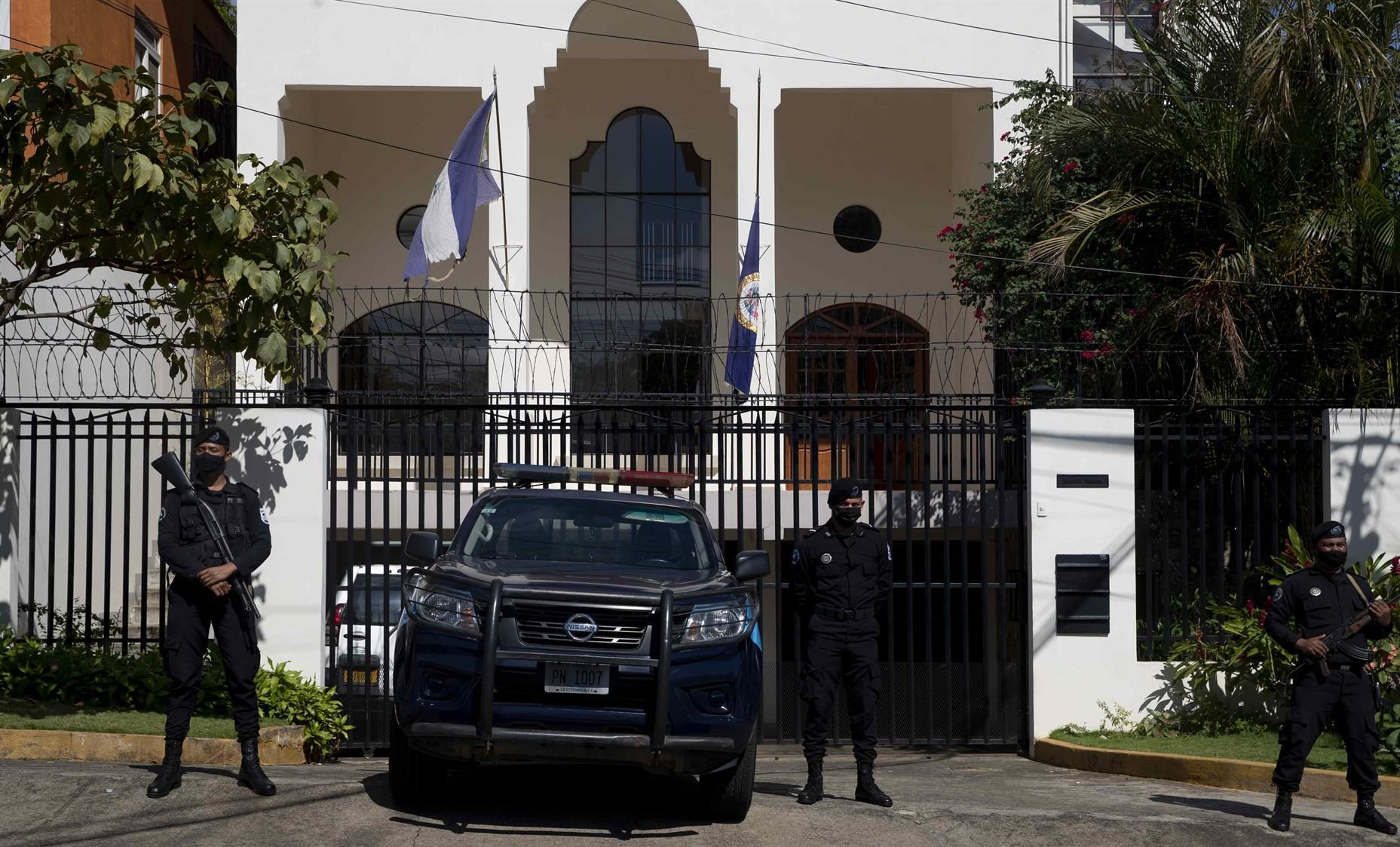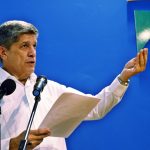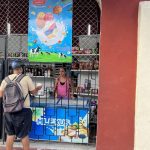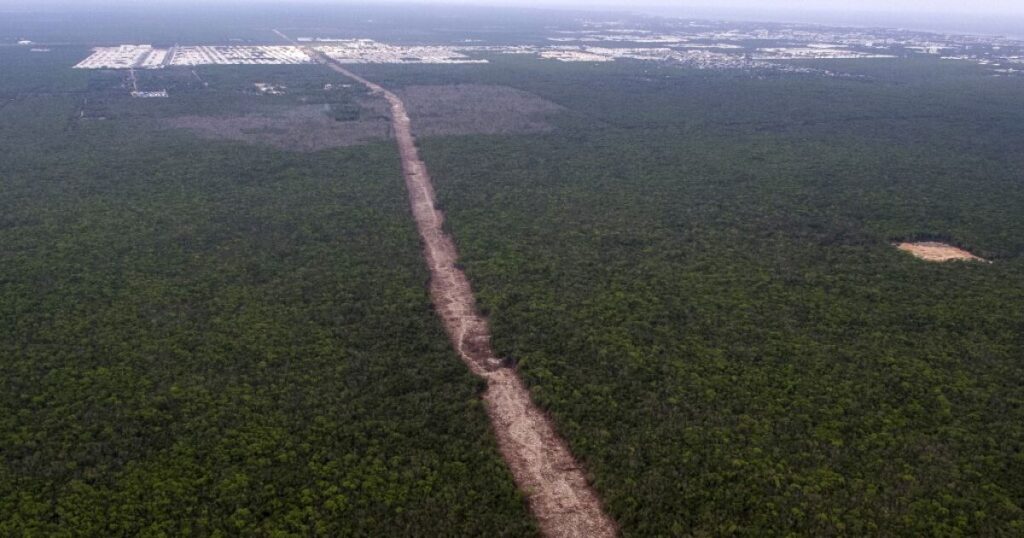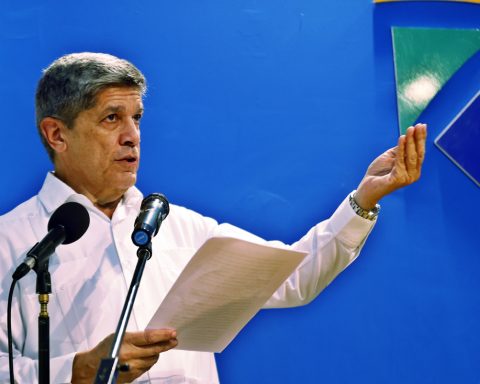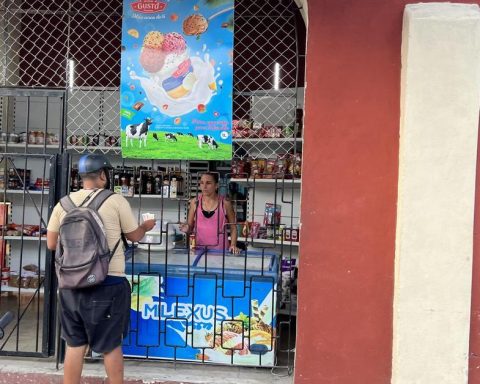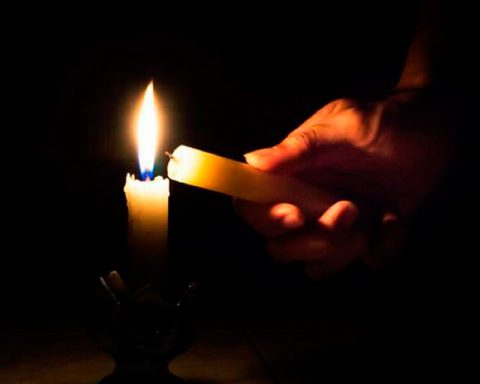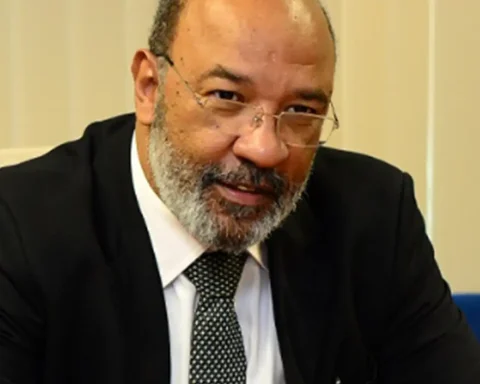The cancellations and confiscations of NGOs and universities in Nicaragua, approved by the National Assembly that controls the regime of Daniel Ortega and Rosario Murillo, constitute an illegal confiscation process that buries legal security in the country, warns the jurist and expert in Criminal Law , Boanerges Fornos, who also maintains that this is how they try to repeat the confiscations of companies, land, and properties of the eighties.
So far in 2022, the Ortega Murillo regime has canceled 193 NGOs and associations, accusing them of failing to file financial reports or update their boards of directors.
In addition, the dictatorship has illegally confiscated six universities and, between December 2018 and August 2021, it assaulted, occupied and confiscated three media outlets: CONFIDENTIALthe channel 100% Noticias and the newspaper La Prensa, and has promoted the de facto occupation of thousands of blocks of land in rural properties and productive farms.
Fornos recalls the property appropriation process known as “La Piñata” at the end of Ortega’s first presidential term in 1990, which cost more than 1.3 billion dollars in internal debt, and marked the last stage of the moral debacle of the old Sandinista leadership that overthrew the Somocista dictatorship in 1979.
According to Fornos, history repeats itself. “There is legal uncertainty because the regime is passing laws aimed at seizing the properties of natural persons and private companies or non-profit organizations. The objective is to repeat a period of confiscation, as occurred in the eighties, and probably assign them to state institutions or sympathizers of the regime. In practice, it is a Piñata 2.0 that, at the end of the day, we Nicaraguans are going to have to pay again through our taxes,” he lamented.
According to article 44 of the Constitution, the country “prohibits the confiscation of property” and guarantees the “right to own movable and immovable property.” However, based on three specific cases, Fornos explains the tricks carried out by the representatives of the State to keep the properties following processes that he describes as “arbitrary”.
Blow to organizations and civil society
According to the records of CONFIDENTIALthe Sandinista legislators have annulledeither 273 organizations since 2018, when the regime ordered the repression of young people and citizens who took to the streets to protest and peacefully demand Ortega’s resignation. The death toll was at least 355, according to the Inter-American Commission on Human Rights (IACHR).
Of the 273 organizations banned since then, 199 have been canceled as of last January in an intensification of Ortega’s war against civil society. This attack directed at this sector coincides with the tightening of repression within the country, while Ortega finds himself increasingly isolated at the international level, questioned for the human rights abuses against his citizens and for a re-election that most countries of the Organization of American States (OAS) considers “illegitimate”.
According to the Sandinista deputies, the purpose of the State is to “order” the NGO sector, regulated by the Ministry of the Interior. Months ago, directors of the NGOs said that they are subjected to state pressure, first forcing them to register as Foreign Agents and, second, with obstacles that force them to remain illegal.
The massive closure of organizations, ordered from El Carmen, makes legislators follow a script. On May 18, for example, the FSLN deputy, Filiberto Rodríguez, accused 25 organizations, whose legal status was to be canceled minutes later, of playing “the game of empire as they did with the attempt to overthrow our government.” ”.
The version of the ruling party considered without evidence that in 2018 they were the object of a coup d’état, of which the international community did not find any evidence. Rather, the report of the Interdisciplinary Group of Independent Experts (GIEI) documented the repression and maintained that “crimes against humanity”.
Among the closed organizations are foundations that have contributed for years to Nicaraguan society, such as Operación Sonrisa, the Coen Foundation, the Luisa Mercado Foundation —chaired by the Cervantes Prize winner, Sergio Ramírez—, the Permanent Commission on Human Rights (CPDH) , the Nicaraguan Foundation for Sustainable Development (Fundenic), the Nicaraguan Academy of Sciences, among others.
After the cancellation last April, Ramírez rejected the measure of the dictatorship and said that it “intended to end the expressions of freedom and democracy.”
The legislative cancellation resolution states that the assets of the NGOs will have —after liquidation— the destination that was foreseen in their articles of incorporation. Otherwise, they will become the property of the State “in accordance with the law of the matter”.
On April 6, it was published in La Gaceta la Law 1115 or Law of Regulation and Control of Non-Profit Organizations. The norm establishes the causes for which a legal personality is cancelled, among them —indicates article 47—, when “the organizational scheme is used to promote destabilization campaigns in the country, supporting, facilitating and inciting the affectation of security citizenship and the legitimate exercise of the human rights of Nicaraguan families”.
According to this same article, if the cancellation is derived from this, the patrimony will become “state property”.
However, Fornos explains that the law “does not have retroactive effect.” That is to say, that “it would not be applicable in this particular to those profit organizations that were created by virtue of Law 147 (now repealed norm)” and maintains that the fact that they are using the new law “implies that the only thing they want is to seize those assets and confiscate them.”

Taiwan: Getting along with People’s China
The second case that evidences for Fornos the lack of legal certainty is that of Taiwan. On December 10, 2021, the dictatorship recognized Mainland China and abandoned Taiwan with which it had three decades of diplomatic relations.
The Attorney General’s Office said that the recognition of “one China” implied the registration of all real estate, equipment and means in favor of its new ally on the international board.
A consulted lawyer, who prefers to keep his name anonymous, explained to CONFIDENTIAL that Nicaragua assumed with this decision an interfering position in a foreign conflict, “that is to say, it became involved in facilitating the confiscation of these goods (from Taiwan), knowing that there was a conflict known worldwide.”
The lawyer warned that no one is safe and that they take properties from embassies is only one facet. They can do it with people who are in exile or “any person who can be criminalized”. “They have no legal basis to act,” he insisted.
Last May, the Assembly approved a report that proposed taking “actions” such as confiscating future political prisoners. The idea must still go to an inter-institutional commission, but the experts already assume that it will be presented at any time as a bill, after the official consensus in two legislative commissions to punish what they call “hate crimes” as described by the acts of protest carried out by the population in 2018.
The expropriation of the OAS
For Fornos, the assault on the OAS offices and its subsequent legal justification is another example of the lack of guarantees that citizens experience. The State also announced at the end of April that it would build a “Museum of Infamy” in the former offices of the regional body.
The vice president and spokeswoman for the regime, Rosario Murillo, said that “the Office of the Attorney General of the Republic reported that the real estate that was occupied by the office of the deplorable OAS, despicable OAS, has been declared of public utility and will pass to the State of Nicaragua. , who, through the executing unit, in this case the Institute of Culture, which is going to develop the museum of infamy, infamous that ministry of colonies”.
For Fornos, it was an illegal measure, because the expropriation carried out by the dictatorship does not meet the legal requirements: it is not of public utility and neither is it of social interest.
“When expropriation is possible, the State must pay fair compensation, you can agree or go to court. It is a confiscation disguised under the figure of expropriation”, Fornos pointed out about what happened with the regional body.
The lawyer recalled that special police troops seized the property, which the OAS leased to a family. They did so before the PGR announced the intention to build the museum on the site.
The other expert said that the Ortega regime resorted to a 1976 law, from the years of the Somoza dictatorship. “It is an arbitrariness typical of dictatorships,” he said.
The expert in the administration of Justice, Yader Morazán, recalled —in a twitter thread— that a case like this was unprecedented in the world. He affirmed that Nicaragua violated the Vienna Convention, but agreed that the procedure was totally illegal.
“The ‘public utility’ should have been declared with details of the work, service or program, and then the expropriation, giving the tenant time to get their things (…) In conclusion, the criminal regime no longer cares about appearing legal, nor when it comes to matters that concern the international community, despite having absolute control of the entire state apparatus,” Morazán explained.
The seizure of the OAS office was condemned by 29 countries within the body, while three nations abstained during the vote. Secretary General Luis Almagro said in his intervention that this violation of the right It is what Nicaraguans suffer “day by day”.
